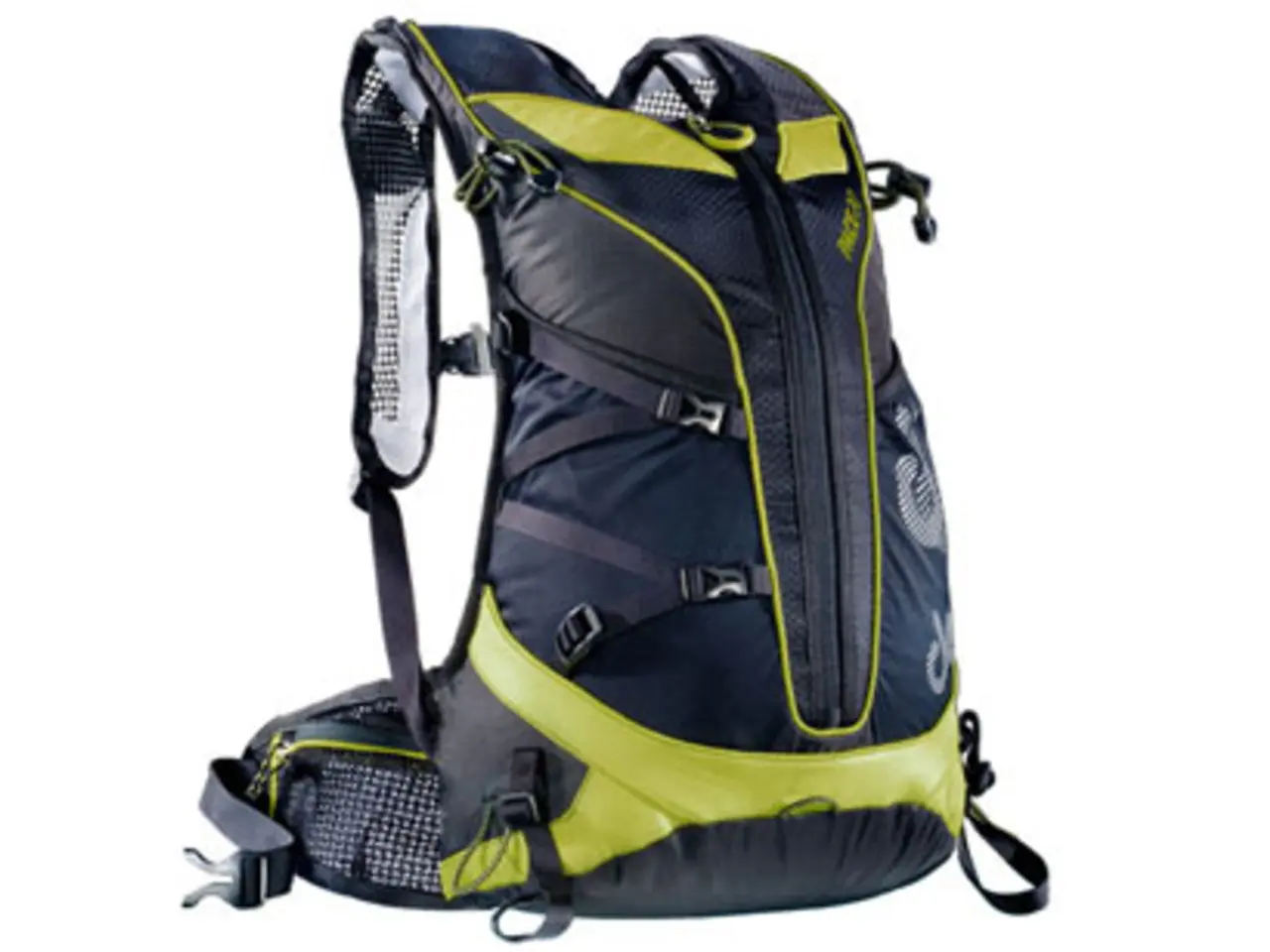Airlines implement stringent prohibition of certain travel items in cabin luggage compartments due to rising safety concerns.
**Headline:** Power Bank Restrictions Introduced by Major Airlines to Enhance Flight Safety
**Subhead:** Lithium-ion battery concerns lead to new regulations for passengers and crew members
As the number of incidents involving lithium-ion batteries overheating onboard flights continues to rise, several airlines have introduced restrictions on power banks to ensure safety. From March 1, 2025, China Airlines has joined a growing list of carriers, including Thai Airways, AirAsia, Starlux Airlines, and Tigerair, in banning the use or charging of power banks during flights.
The safety risks associated with lithium-ion batteries have prompted aviation authorities to tighten controls to prevent hazards during air travel. These batteries can catch fire or emit smoke if damaged, defective, or improperly handled. In response, certain airlines have imposed bans or strict regulations on power banks.
**Fire and Safety Hazards**
Lack of certification, manufacturer recalls, and unclear markings have led to the restriction of non-compliant devices onboard. In China, power banks without the China Compulsory Certificate (3C) are banned on all departing flights from mainland China starting June 28, 2025.
**New Safety Regulations in Japan and China**
From June 28, 2025, the Civil Aviation Administration of China (CAAC) will prohibit carrying power banks without valid 3C certification on all business aviation flights departing from mainland China. The ban applies to carry-on and checked luggage on domestic flights and affects both passengers and crew members equally. Non-compliant power banks can be confiscated or must be stored temporarily at the airport and cannot be carried onboard.
While specific details for Japan Airlines and All Nippon Airways were not highlighted, these Japanese carriers have joined other Asian airlines in tightening rules about lithium battery safety onboard. Airlines like ANA and JAL follow strict policies requiring power banks to meet safety standards, not exceed certain capacity limits, and be carried only in the cabin (not in checked luggage), consistent with international aviation safety norms. Some airlines in Asia, including Japanese ones, have banned the use or charging of power banks during flights to reduce fire risks, requiring them to be switched off and stored safely.
**Summary Table of Key Measures**
| Aspect | China Regulations | Japan & Other Asian Airlines | |------------------------------|-------------------------------------------------|----------------------------------------------| | **Certification Required** | Mandatory 3C certification for power banks | Compliance with safety standards (varies) | | **Banned Devices** | Non-3C, unclear 3C markings, recalled models | Non-compliant devices, large capacity units | | **Luggage Restrictions** | Ban on carry-on and checked for non-3C devices | Carry only in cabin; no checked luggage | | **Charging on Flights** | Not allowed for safety reasons | Often banned during flight | | **Enforcement** | Airport security checks, confiscation, storage | Security inspections, enforcement per airline|
**Why Different Rules by Airlines?**
Differences in implementation reflect varying national regulations, airline policies, and safety risk assessments. Japanese and Chinese airlines are particularly strict due to high passenger volumes and past incidents related to lithium battery overheating. New rules aim to prevent onboard fires, ensure compliance with electrical safety certifications, and reduce confusion among passengers at airports.
**Conclusion**
The bans and restrictions on power banks by ANA, JAL, Chinese airlines, and others are driven by the need to enhance flight safety by minimizing lithium battery fire risks. The new regulations in China mandate 3C certification for all power banks on departing flights starting June 2025, and similar tightening of safety protocols is enforced by Japanese airlines to comply with international and local safety standards. These new regulations are intended to lessen the risk of fire on planes and apply to all domestic flights and on international flights operated by Japanese airlines. Passengers are advised to check their airline's specific policies regarding power banks and adhere to the restrictions to ensure a safe journey.
- Despite the increasing concerns over flight safety due to lithium-ion battery incidents, one might still cherish their lifestyle of travel, but it's important to note that power bank usage or charging might be restricted during flights as major airlines implement new regulations.
- With a growing emphasis on lithium battery safety, travelers should anticipate adjusting their travel essentials to comply with the regulations set by airlines, such as ensuring power banks have the necessary certifications, or refraining from using or charging them in-flight.





